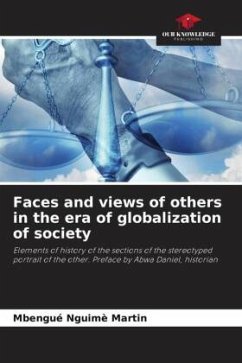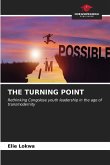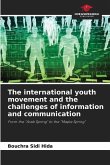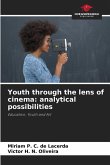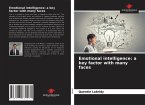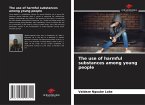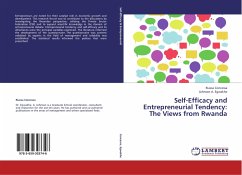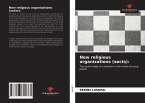The dynamics of the image of others in communities where the guardians of civilization pass on to the younger generation the most representative ways of thinking, expressing and acting inherited from the past, affects the well-being of humanity. Their consequent condition raises the problem of the very often voluntary falsification of the natural image/identity of the human being within as well as beyond the borders of his or her micro/macro-zone of education, in terms of devaluation or overvaluation of the intrinsic value of the individual. It thus arouses curiosity and provides the basis for a scientifically useful, well-equipped and sustained reflection. It also leads the author to offer the reader an original and captivating literature on: the perpetuation of self-centered training contents and the strong zonization of the content of knowledge, a plethora of dehumanizing clichés too well known in the world before the beginning of the end of the bipolarization or that of the era of the triumph of the digital, the march to the recognition of the unique identity to the Man and the progress of humanity
Bitte wählen Sie Ihr Anliegen aus.
Rechnungen
Retourenschein anfordern
Bestellstatus
Storno

